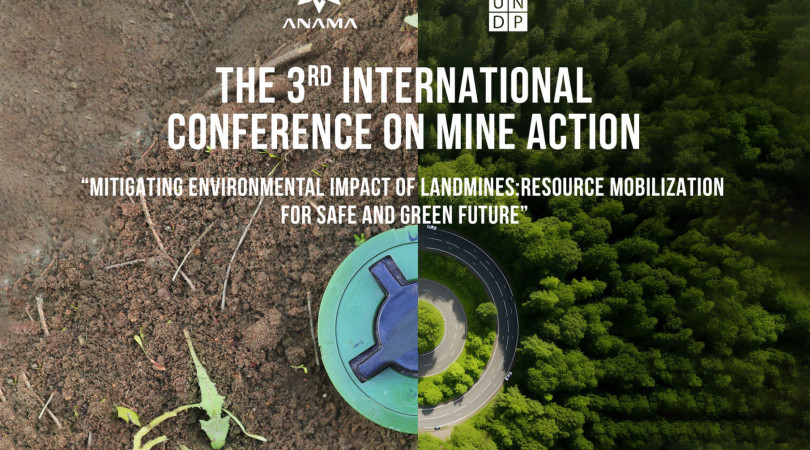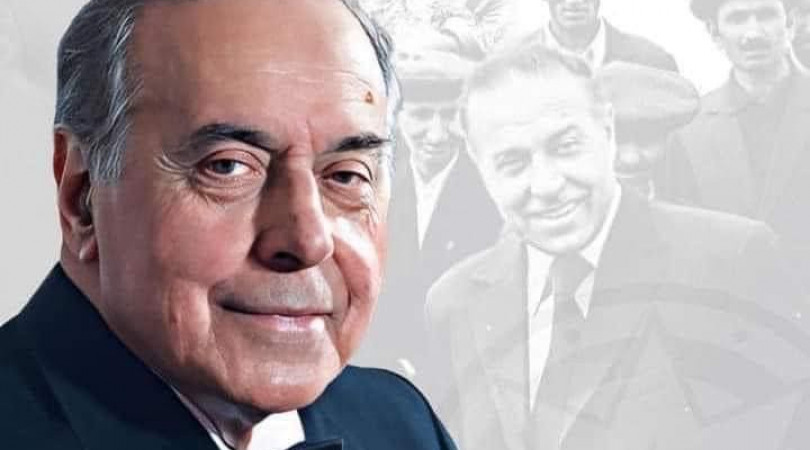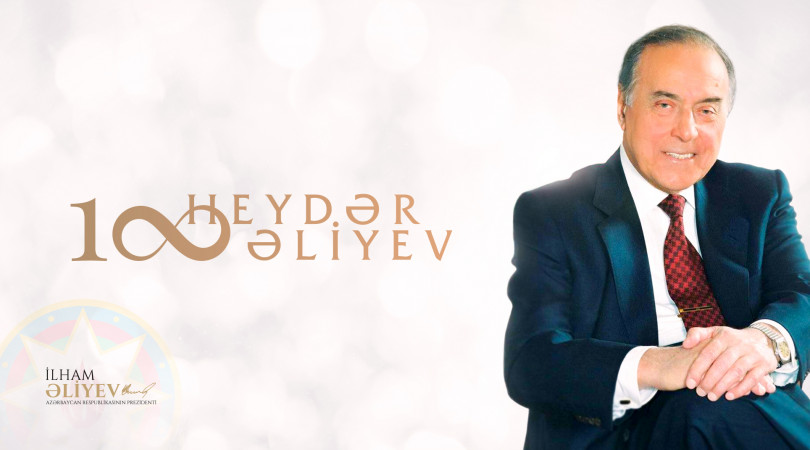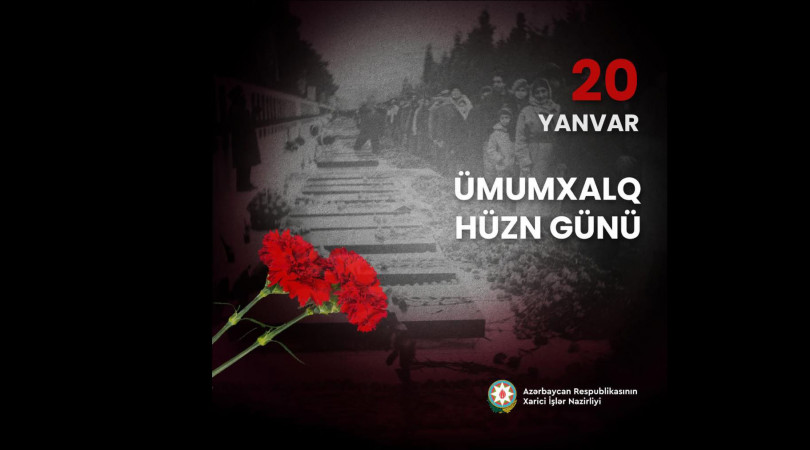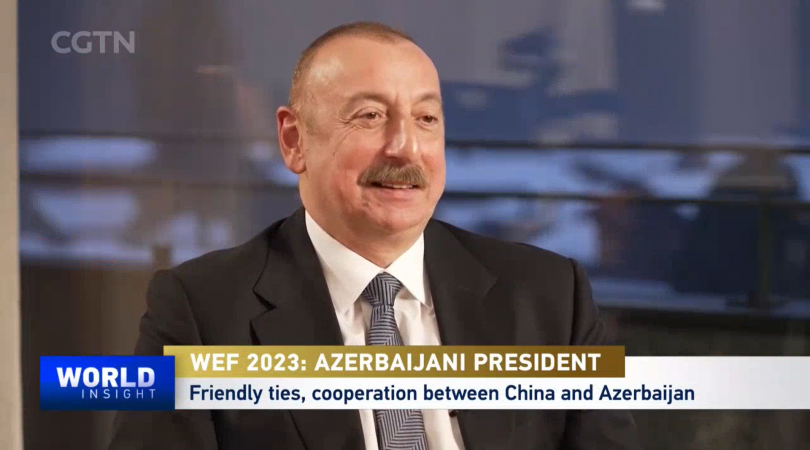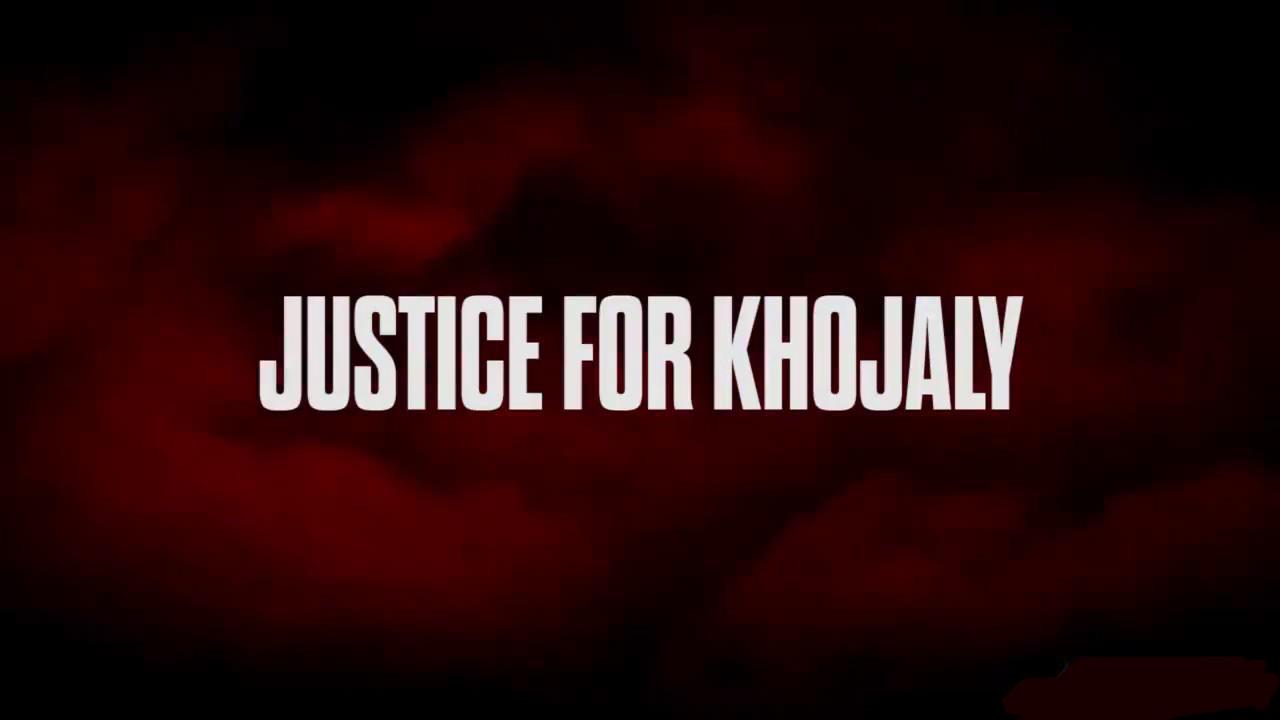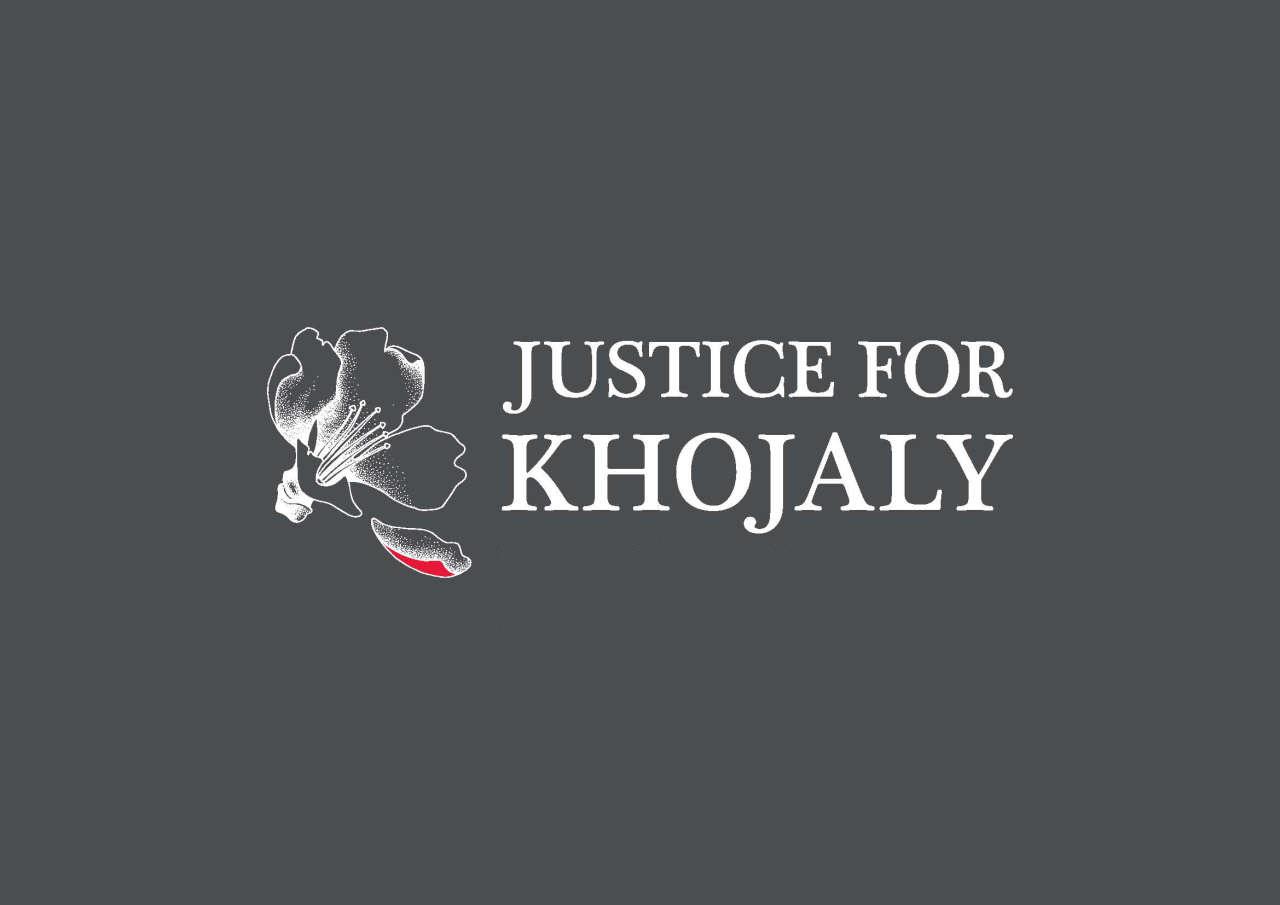Azerbaijani people mourn for the victims of the Khojaly genocide
The Armenian nationalists began to pursue the policy of promoting separatism and sponsoring terrorism in the Nagorno-Karabakh region of Azerbaijan since 1987-1988 during the existence of the Union of Soviet Socialist Republics (USSR). Immediately after the collapse of the USSR, the newly formed Republic of Armenia's first steps consisted of the state-level use-of-force policy and an aggressive war against the Republic of Azerbaijan. As a result, about one-fifth of the territory of the Republic of Azerbaijan has been occupied; more than one million Azerbaijanis have been subjected to ethnic cleansing in occupied lands and Armenia itself. During this aggression, numerous military offenses, crimes against humanity and genocide were committed against the civilian population of Azerbaijan.
In the course of the war, the capture of Khojaly town was particularly tragic. Before the conflict, 7,000 people lived in this town of the Nagorno-Karabakh region of Azerbaijan. From October 1991, the town was entirely surrounded by the armed forces of Armenia. Over the night of the 25 to 26 February 1992, following massive artillery bombardment of Khojaly, the armed forces of Armenia implemented the seizure of Khojaly. Invaders destroyed Khojaly and with particular brutality implemented carnage over its peaceful population.
As a result of the Khojaly genocide 5379 inhabitants of the city were deported, 613 people, including 63 children, 106 women brutally murdered, 8 families were completely destroyed, 487 were injured, 1275 were captured and taken hostage. The fate of 150 people, including 68 women and 26 children, remains unknown to date.
In his cynical admission of culpability, Armenia’s then-Defense Minister and ex-President, Serzh Sargsyan, was quoted by the British journalist Thomas de Waal, as saying, “before Khojali, the Azerbaijanis thought that ... the Armenians were people who could not raise their hand against the civilian population. We were able to break that [stereotype]” (Thomas de Waal, Black Garden: Armenia and Azerbaijan through Peace and War (New York and London, New York University Press, 2003), p. 172).
Those days foreign newspapers wrote:
"Sunday Times" newspaper (London), March 1, 1992: "Armenian soldiers annihilated the hundred families".
“Times" newspaper (London), March 4, 1992: … "Many people were mutilated, and it was remained only the head of one little girl"
"Izvestiya" newspaper (Moscow), March 4, 1992: "…Camcorder showed the kids with the cut off ears. One old woman was cut off the half of her face. The men were scalped…"
"Le Monde" newspaper (Paris), March 14, 1992: "… The foreign journalists in Aghdam saw the women and three scalped children with the pulled off nails among the killed people. This is not "Azerbaijani propaganda", but reality"
Milli Majlis (Parliament) of Azerbaijan declared February 26 as the "Day of Khojaly genocide". Every year at 5 p.m. on February 26 people of Azerbaijan honors memory of Khojaly victims in a minute of silence.
In 2009, by the initiative of the vice-president of the Heydar Aliyev Foundation Leyla Aliyeva, the campaign of “Justice for Khojaly” was launched to inform the international community. As a result of this campaign, the declarations and documents by the parliaments of 16 countries including Bosnia and Herzegovina, Colombia, Czech Republic, Guatemala, Honduras, Indonesia, Jordan, Mexico, Pakistan, Panama, Peru, Paraguay, Romania, Slovenia, Sudan and Djibouti as well as 24 states of the USA and the Organization of Islamic Cooperation representing 57 states, were adopted.
In its judgment of 22 April 2010, the European Court of Human Rights arrived at an important conclusion with respect to the crime committed in Khojaly, qualifying the behavior of those carrying out the incursion as “acts of particular gravity which may amount to war crimes or crimes against humanity”.
Culprits of Khojaly tragedy, its organizers and executors must get deserved punishment. There is no and cannot be crime without punishment. Only the commemoration of the tragedy and the corresponding legal assessment, including the punishment of the perpetrators, will help to prevent such tragedies in future.
The Republic of Azerbaijan is confident that the consistent measures being taken at the national level, as well as the existing international legal framework, will serve to bring to justice those responsible for the grave offenses committed against the civilian population of Azerbaijan during the conflict.

